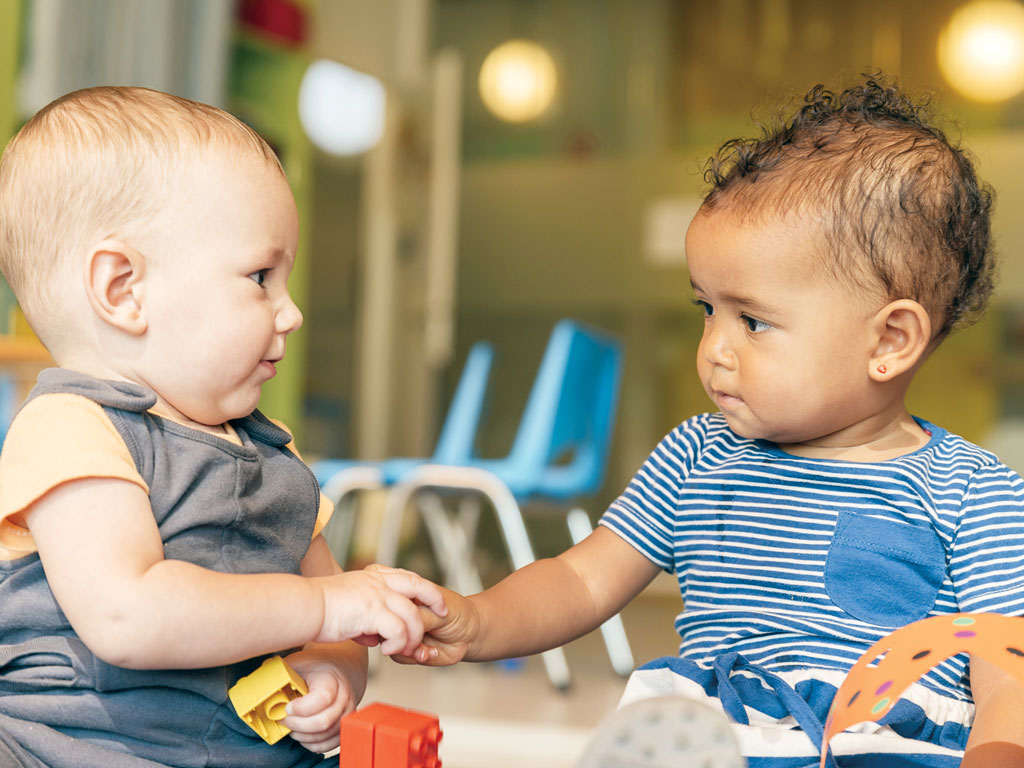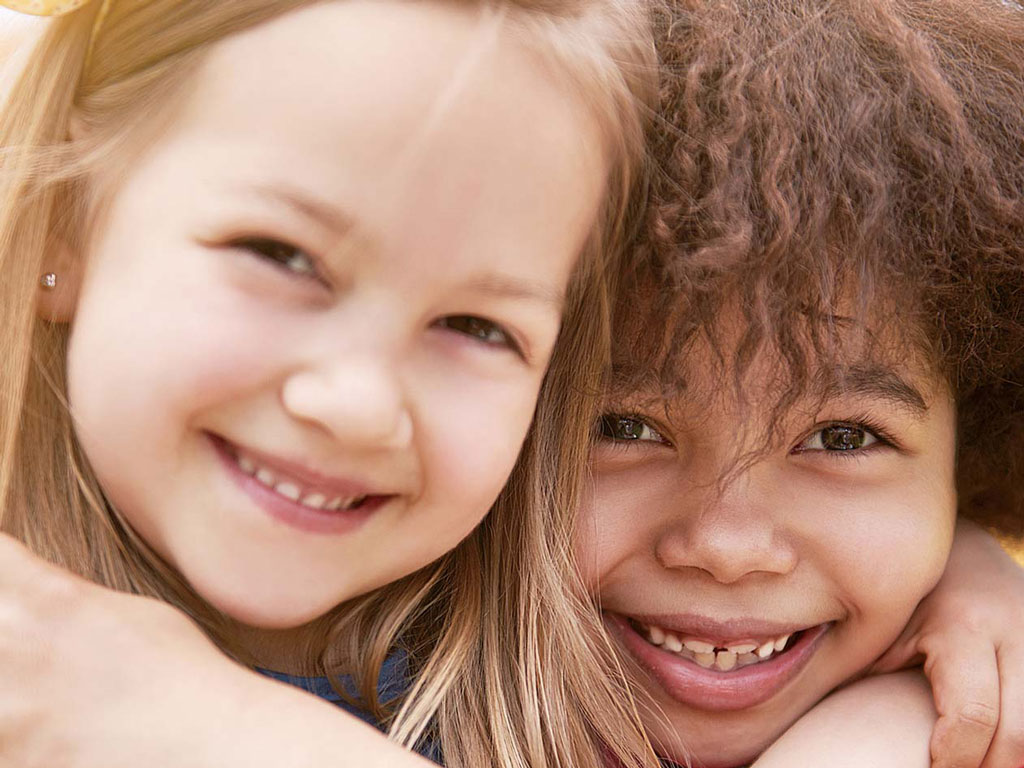by Stephanie Frank
Just as we feed our children each day to develop physical health and read to encourage academic success, as parents, we also must nurture social and emotional skills – the ‘soft skills’ that one day will help a child navigate a confrontational situation at work or survive his or her first break-up.
“Building a child’s character helps them understand themselves, manage their emotions and responses, and gain perspective of others. Strong social and emotional development includes taking care of self, others and the community,” explains Amy Vorderbruegge, Elementary Principal at Hawaii Baptist Academy.
Activities can be consistently incorporated into daily or weekly routines to encourage positive social and emotional growth in key skill areas.
Understand inwardly
Pride, jealousy, affection, and shame are emotions that children begin to identify starting as early as twelve months old. Teach and talk to your child about their feelings, acknowledging them – “I see you’re angry” – which will begin to ignite self-identification of emotions and eventually self-regulation with continued guidance.
“Share new experiences with your child and model what it looks like to take healthy risks,” says Principal Vorderbruegge. “Articulate the feelings these opportunities invoke. ‘I’m a bit nervous today about going to the new playground, but I can’t wait to see if there is a big slide.’”
Reading is another fun activity that not only promotes social and emotional skills but also literacy. Principal Vorderbruegge suggests, “Read stories that include characters who model good social emotional development and spend time in conversation about how the character responded to events in the story.”
Books to Help Build Social-Emotional Skills
Birth to 1 year
- Baby Faces by DK Publishing
- Pat the Bunny by Dorothy Kunhardt
1 to 2 years
- Pretend You’re a Cat by Jean Marzollo
- No Biting! by Karen Katz
3 to 4 years
- Feelings by Aliki
- Being Friends by Karent Beaumont
4 to 5 years
- Alexander and the Terrible Horrible No Good
- Very Bad Day by Judith Viorst and Ray Cruz
- Clementine and Mungo by Sarah Dyer
Also while helping your child to understand his or herself, realize that all children grow at different rates and develop unique personalities. While continually giving positive praise for individual accomplishments (“It is excellent how you waited for your friend to be done with the toy before you played with it.”), also “avoid comparisons with other children and seize opportunities to build your child’s self-esteem and grit,” encourages Principal Vorderbruegge.
Manage emotions and responses
From when babies quiet themselves by sucking their thumbs to when preschoolers start to express their feelings with words instead of tantrums, learning to manage emotions and how we communicate with others is a life-long journey.
Parents are at the forefront of modeling positive reactions to varying situations. The next time you are late to pick up your child at school, for example, explain your shortfall and adjust to ensure “next time will be better.” Principal Vorderbruegge advises, “Don’t be afraid to fail. Modeling resilience and perseverance in your own life is good for children of all ages to witness.”
Principal Vorderbruegge also encourages parents to be proactive in helping their children manage emotions: “Play the game ‘what if’ and give your child scenarios that include both positive and negative interactions. Proactively walking through scenarios will help children be prepared when they encounter a real life situation, whether it be good or bad.”
Giving your child choices and encouraging independent thinking will help him or her feel more in control and will cultivate navigation skills through various situations. “Use intentional language with your children,” explains Principal Vorderbruegge. “Encourage an attitude of ‘you first,’ such as ‘What would you like to play today?’” Giving your child chores or asking them what they want to wear for the day stimulate independent thinking.
Understand others
As early as age three, children begin to empathize. Through various exposures to all types of people – insulated by protection and guidance, children learn about the various individuals living in our world.
Principal Vorderbruegge says, “Expose your children to inter-generational gatherings. There is much to be learned from our elders.”
“Engage in community service as a family,” offers Principal Vorderbruegge. “Giving back and working hard for someone else builds an understanding of others and helps children see the world from a ‘bigger than us’ view.”
Build healthy relationships. Winnie the Pooh said, “A little consideration, a little thought for others, makes all the difference.”
“Arrange playdates that give children the opportunity to practice their skills in seeing things from others’ perspective and resolving conflict harmoniously,” recommends Principal Vorderbruegge. Play dates with children from a variety of age groups give opportunities to practice sharing, following rules, and communicating – even communicating through conflict.
Also, allow your child to develop healthy relationships with aunties and uncles that you admire. Principal Vorderbruegge says, “Rely on others whose behaviors you value.”
Are you feeling frustrated with your child’s social-emotional development? “Don’t give up!” encourages Principal Vorderbruegge. “Surround yourself with other parents, particularly those who have older children and experiences with various strategies. Talk to your child’s teacher.
And ask yourself, ‘Are the adults in my child’s life modeling positive behaviors in regards to taking care of self, others and the community?’ Children are like sponges, they soak up what they see and hear.”
If you continue to see worrisome patterns in your child’s behavior, discuss your child’s development with his or her pediatrician, childcare provider, and/or teacher.
With consistent cultivation, our children can grow into not only physically and cognitively strong individuals, but also individuals who care about others and know how to respond and persevere through the many situations that life brings.







